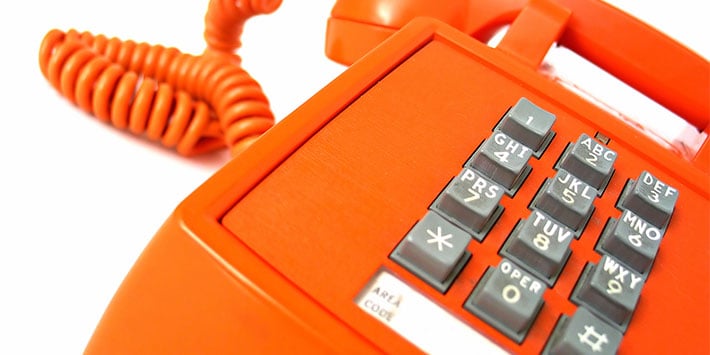

Hon. Steven A. Wise
One trend in the administrative law process is the use of technology to address issues of cost, access, and efficient handling of high-volume cases while maintaining due process standards. Case management software, digital recording of hearing, web-based scheduling systems, and telephone and video hearings are some examples of these technological measures. This article will highlight one form of technology — telephone hearings. To handle high-volume caseloads, such as unemployment compensation, drivers’ licensing, and human services, many states are conducting 90 or more percent of the hearings by telephone.
Administrative Law scholar Professor Verkuil has identified three core values by which to evaluate administrative procedures: fairness, efficiency, and satisfaction. He stated “administrative procedure should be concerned with the overall fairness and accuracy of decisions, with their efficient and low-cost resolution, and in a democratic society, with participant satisfaction with the process.” Paul Verkiul, The Emerging Concept of Administrative Procedure, 78 Colum. L. Rev. 258 (1978). These core values are echoed in the Mathews v Eldridge, 424 U.S. 319 (1976) balancing test for deciding what process is constitutionally required, which involves an evaluation of the private interests affected by the government action, the administrative and fiscal burden to the government, and the chance of a making a mistake using the existing procedures and the value of additional procedures in making an accurate decision.
Although the United States Supreme Court has not ruled directly on the issue, courts in a majority of jurisdictions considering the issue have applied the Mathews balancing test and ruled that telephone hearings provide parties with a full and fair hearing with adequate opportunity to present evidence, confront and cross-examine witnesses, and judge the credibility of witnesses.
Despite the judicial approval of telephone hearings and legislative authorization of telephone hearings, there are best practices that should be employed to assure that the telephone hearing is fair, the process is efficient, and decision produced by the telephone hearing is accurate. Below are a few tips for successful telephone hearings.
First, a telephone hearing notice should be drafted in plain language informing the parties of how the telephone conference is to be initiated. In some states, parties are provided a telephone conference number to call with a conference code to enter. My preference is a telephone hearing system instructing the parties to provide the telephone numbers where they and their witnesses can be reached for the hearing. The advantage is that the judge knows in advance who is going to be participating in the hearing. In addition, there are some efficient systems that allow parties to provide and change their phone numbers online and provide for a web-based system for auto-dialing the hearing participants
Second, the hearing notice should contain instructions for submitting potential exhibits prior to the hearing so that they can be duplicated and sent to the other side before the hearing. Ideally, the pages of the documents should be numbered so that they can be easily referenced and located during the hearing.
Third, judges should begin the hearing with an explanation of the telephone hearing process that assures each person speaking during the hearing identifies himself or herself, emphasizes that parties are testifying under oath as to what they know and cannot be prompted by other hearing participants, prohibits participants from interrupting (except for offering legal objections), and provides instructions for what parties should do if they become disconnected.
More information on the use of technology in the hearing process can be found in the Administrative Law: Advanced course (June 1-4, 2015, Reno, NV), the Administrative Law: Fair Hearing course (August 17-27, 2015, Reno, NV), and in other NJC courses throughout the year.

CHICAGO – The American Bar Association Judicial Division announced recently that TheNational Ju...

The National Judicial College is mourning the loss of former faculty member Judge Duane Harves, who passed ...

As the world manages an evolving natural environment, The National Judicial College announced today that it...

Do’s Manage your cases systematically Devise a system that works for you and your organizational...

After 22 years of teaching judges, Tennessee Senior Judge Don Ash will retire as a regular faculty member a...